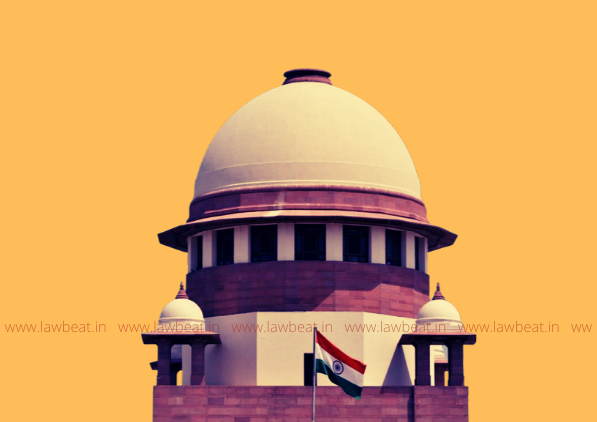No Differentiation Made In Third Proviso Between Assessee Responsible For The Delay & Assessee Not Responsible: Supreme Court reads down ‘Even’ from Third Proviso to S. 254(2A) Income Tax Act

The Apex Court Bench comprising Justice RF Nariman, Justice BR Gavai & Justice Hrishikesh Roy ruled that there can be no doubt that the third proviso to Section 254 (2A), would be both arbitrary and discriminatory and, therefore, liable to be struck down as offending Article 14 of the Constitution of India.
First and foremost, unequals are treated equally in that no differentiation is made by the third proviso between the assessees who are responsible for delaying the proceedings and assessees who are not so responsible.
This is a little peculiar in that the legislature itself has made the aforesaid differentiation in the second proviso to Section 254(2A), making it clear that a stay order may be extended upto a period of 365 days upon satisfaction that the delay in disposing of the appeal is not attributable to the assessee.
So far as the disposal of an appeal by the Appellate Tribunal is concerned, this is a directory provision. However, so far as vacation of stay on expiry of the said period is concerned, this condition becomes mandatory so far as the assessee is concerned.
The Top Court said that the object sought to be achieved by the third proviso to Section 254(2A) is without doubt the speedy disposal of appeals before the Appellate Tribunal in cases in which a stay has been granted in favour of the assessee. But such an object cannot itself be discriminatory or arbitrary.
Since the object of the third proviso to Section 254(2A) is the automatic vacation of a stay that has been granted on the completion of 365 days, whether or not the assessee is responsible for the delay caused in hearing the appeal, such object being itself discriminatory, is liable to be struck down as violating Article 14 of the Constitution of India.
Also, the said proviso would result in the automatic vacation of a stay upon the expiry of 365 days even if the Appellate Tribunal could not take up the appeal in time for no fault of the assessee.
Further, vacation of stay in favour of the revenue would ensue even if the revenue is itself responsible for the delay in hearing the appeal. In this sense, the said proviso is also manifestly arbitrary being a provision which is capricious, irrational and disproportionate so far as the assessee is concerned.
Therefore, the law laid down by the judgment of the Delhi High Court in M/s Pepsi Foods Ltd. is correct. Consequently, the third proviso to Section 254(2A) will now be read without the word "even" and the words "is not" after the words "delay in disposing of the appeal".
Any order of stay shall stand vacated after the expiry of the period or periods mentioned in the Section only if the delay in disposing of the appeal is attributable to the assessee.
Case Title: Deputy CIT vs Pepsi Foods| Civil Appeal No. 1106 OF 2021
